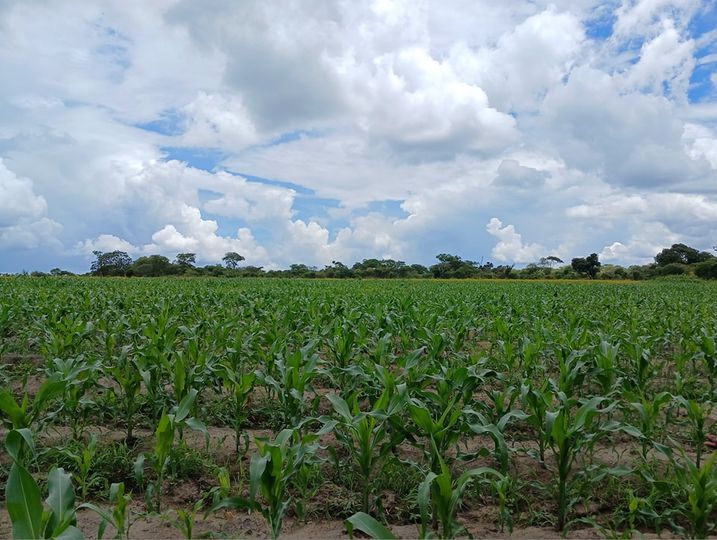Over 3000 Households Targeted for FSP in Mwinilunga District
In response to the looming hunger crisis caused by dry spells in Mwinilunga district of North-Western province, over three thousand households have been earmarked to benefit from the emergency wetlands cropping sub-program of the Food Security Pack (FSP).
This significant development was revealed during an emergency District Disaster Management Committee (DDMC) meeting convened in the district.
Chaired by District Commissioner Harrison Kamuna, the meeting was called to address the pressing food insecurity situation following the declaration of a disaster by President Hakainde Hichilema.
Highlighting the urgency of the situation, Kamuna emphasized the need to swiftly gather accurate data to inform decision-making processes.
He underscored the government’s commitment to addressing the crisis by initiating measures such as the cultivation of winter maize and wetland crops through ministries including the Department of Community Development under the Food Security Pack program.
The implementation plan involves identifying suitable dambo and wetland areas across the district to empower farmers in conducting winter maize farming.
District Community Development Officer, Lunza Imwiko, outlined the support each targeted household would receive under the emergency wetland cropping program, including top dressing, D compound, and maize seeds.
Furthermore, District Agriculture Coordinator Lewis Chiwele highlighted the areas most severely affected by the dry spell, including Ntambu, Thom Ilunga, Kazozu, and Mumpulumba, where close to 500 hectares of maize fields have been destroyed.
Chiwele stressed the importance of promptly identifying and implementing programs to mitigate the impact of the disaster.
Chiwele’s office, in collaboration with agricultural officers, has already begun collecting data on wetlands, identifying over 700 hectares across 38 agricultural camps in the district.
The most severely affected areas, such as Thom Ilunga and Kakoma agricultural camps, are being prioritized for intervention, with efforts aimed at empowering over 3000 vulnerable but viable farmers to engage in wetland maize production.



